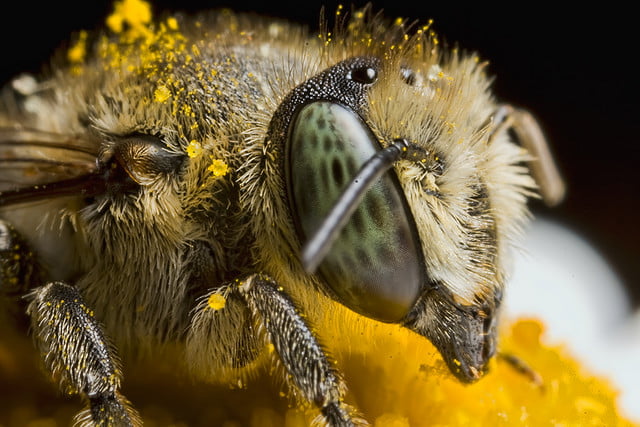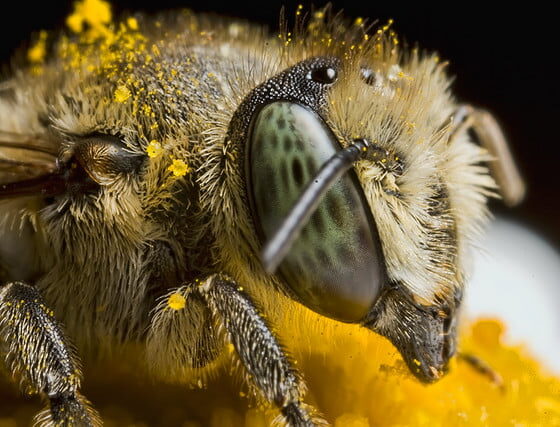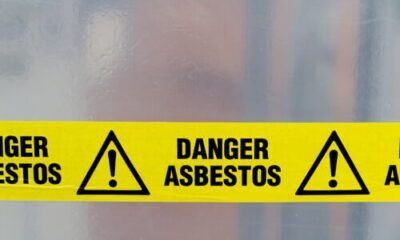

Environment
Lawsuit filed against EPA over ongoing bee deaths
A group of beekeepers and environmentalists are suing the US Environmental Protection Agency (EPA) in an effort to curb the use of insecticides that research has shown significantly reduce bee populations.
Beyond Pesticides, the Centre for Food Safety and the Pesticide Action Network are some of the consumer groups, alongside environmentalists, that are accusing the EPA of failing to protect insects that are responsible for pollinating over 75% of all food groups.
The groups say the EPA has failed to restrict the widespread use of neonicotinoids – an insecticide that adversely affects the survival, growth and health of honey bees.
Paul Towers, a spokesperson for the Pesticide Action Network told TakePart, “Despite our best efforts to warn the agency about the problems posed by neonicotinoids, the EPA continued to ignore the clear warning signs of an agricultural system in trouble.”
Steve Ellis, another accuser who has filed the suit against EPA, said, “America’s beekeepers cannot survive for long with the toxic environment EPA has supported.
“Bee-toxic pesticides in dozens of widely used products, on top of many other stresses our industry faces, are killing our bees.”
Bees play a crucial role in pollinating crops – a role that would cost as much as £1.8 billion a year to do artificially, according to a study by the University of Reading.
Many scientific studies have proved that the use of neonicotinoids result in harmful effects on a number of wildlife species. The insecticides cause dysfunction of the bees’ nervous systems, as well as disrupting colonies.
The UK government’s refusal to back EU proposals to ban three pesticides – imidacloprid, thiamethoxam and clothianidin – identified by the European Food Safety Authority (EFSA) earlier this month, also represents a failure in prioritising ecological services.
Further reading:
Paterson likely to reject EU ban on insecticides harmful to bees
EU countries told to suspend insecticides harmful to bees
Government urged to make 2013 ‘the year of the bee’
Bee protection ‘essential’ after scientists link decline in numbers with insecticides


 Environment12 months ago
Environment12 months agoAre Polymer Banknotes: an Eco-Friendly Trend or a Groundswell?

 Features11 months ago
Features11 months agoEco-Friendly Cryptocurrencies: Sustainable Investment Choices

 Features12 months ago
Features12 months agoEco-Friendly Crypto Traders Must Find the Right Exchange

 Energy11 months ago
Energy11 months agoThe Growing Role of Solar Panels in Ireland’s Energy Future





























